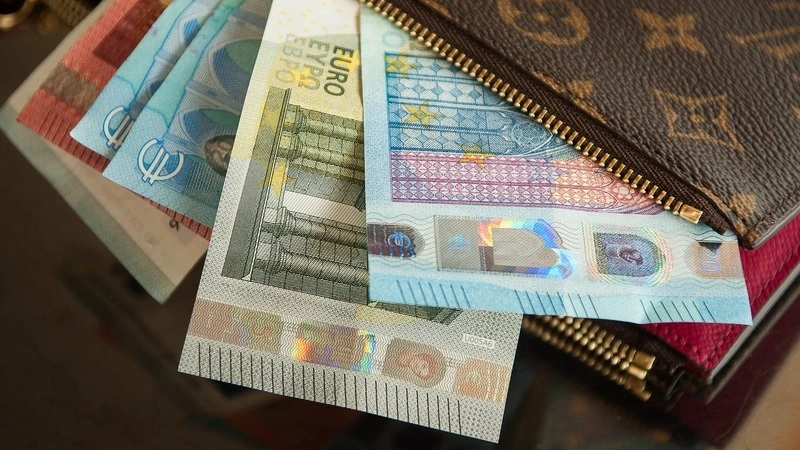In South Korea, a BBC journalist’s lost wallet embarked on an unexpected journey, wrapped in a delightful butter cookie box and returned with its contents intact. This heartwarming act of honesty sparked online discussions, revealing a contrasting reality for wallets and bicycles. While wallets seemed to thrive in Korea’s honest society, bicycles faced a different fate, often falling prey to organized theft rings. This amusing turn of events highlights the duality of Korean society, where kindness and thievery coexist, much like the butter and the bicycle.
Introduction
A BBC journalist visiting Sokcho, South Korea, recently experienced an extraordinary act of kindness when they lost their wallet containing important valuables. Remarkably, the wallet was returned to them with all its contents intact, wrapped in a unique and unexpected package: a butter cookie box. This incident has sparked discussions about Korea’s high rate of lost and found items and the stark contrast between the recovery rates for wallets and bicycles.
Wallet Recovery: A Heartwarming Gesture and Creative Packaging
The journalist’s wallet was found and returned wrapped in a box of Korean butter cookie, known as “Buttering” This unique packaging caught the attention of many in the online community, particularly in the female forum theqoo, who praised the finder’s thoughtfulness and creativity. Speculations about the reason for using a butter cookie box ranged from the lack of other available boxes to the perfect fit for the wallet’s size. Regardless of the reason, the gesture was widely appreciated as a sign of warmth and consideration.
Bicycle Theft: Petty Theft vs. Organized Crime
In contrast to the heartwarming story of the returned wallet, discussions in male online forums, including FMKorea, turned to personal experiences of lost wallets and bicycles. While many shared positive stories of recovered wallets, the situation was different for bicycles. Bicycle theft is a prevalent issue in Korea, with recovery rates significantly lower than those for wallets.
Various explanations were offered for this disparity. Some pointed to the alleged lack of thorough investigation and lenient punishments for bicycle theft cases by Korean police. Others raised the possibility of organized bicycle theft rings operating in the country. These groups are said to use trucks to steal large quantities of bicycles and often face light penalties even when caught.
Conclusion
Korea is generally considered a safe country where lost wallets, bags, and phones have a high chance of being returned. However, the issue of bicycle theft remains a challenge. It is hoped that the warmth and civic consciousness that characterize Korean society can also be extended to addressing this issue, ensuring that bicycles, like other personal belongings, are treated with respect and protected from theft.

I appreciate you taking the time to read this post. Please share your thoughts in the comments!

